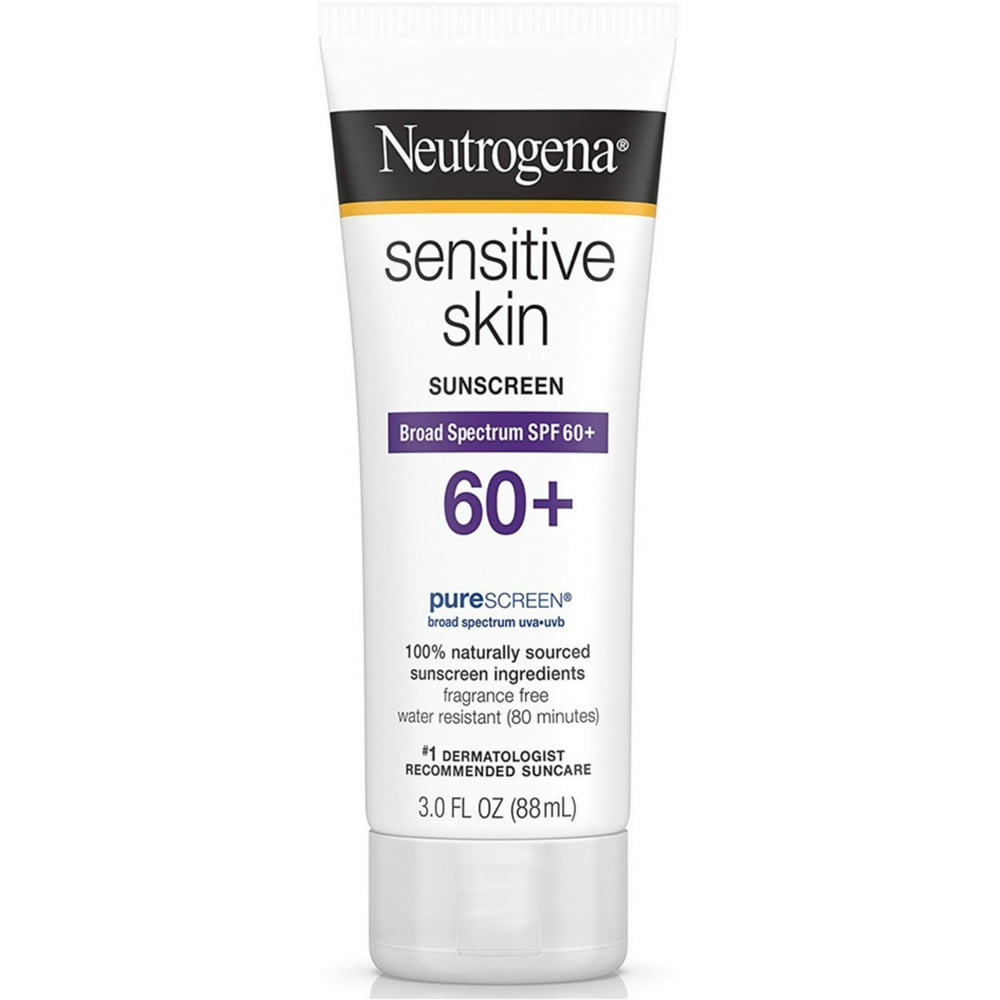Sensitive Skin and Suitable Sunscreen Products

Why is it important to use sunscreen?
The sun's UV rays can cause damage to your skin, leading to premature aging, sunburn, and even skin cancer. Using sunscreen helps to protect your skin from these harmful effects.
What is sensitive skin?
Sensitive skin is a condition where the skin is easily irritated by external factors such as harsh chemicals, fragrances, and environmental factors such as wind and sun exposure. It can cause redness, itching, and even rashes.
What to look for in a sunscreen for sensitive skin?
When looking for a sunscreen for sensitive skin, it's important to choose a product that is labeled "hypoallergenic" or "gentle". Look for sunscreens that contain physical blockers such as zinc oxide or titanium dioxide, as these are less likely to cause irritation than chemical sunscreens. Additionally, avoid sunscreens that contain fragrances or preservatives, as these can also cause irritation.
Best sunscreen options for sensitive skin
1. EltaMD UV Clear Facial Sunscreen - This sunscreen is oil-free and contains 9% zinc oxide, making it gentle and non-irritating for sensitive skin. It also contains hyaluronic acid, which helps to moisturize the skin.2. La Roche-Posay Anthelios Mineral Gentle Sunscreen - This sunscreen contains 100% mineral filters, making it gentle and non-irritating for sensitive skin. It also has a lightweight texture that won't leave a white cast on the skin.3. Neutrogena Sensitive Skin Sunscreen Lotion - This sunscreen is specifically designed for sensitive skin and is free from fragrances, oils, and PABA. It contains 100% naturally sourced sunscreen ingredients and is gentle on the skin.4. Aveeno Positively Mineral Sensitive Skin Sunscreen - This sunscreen contains naturally sourced 100% zinc oxide and is gentle on the skin. It's also free from fragrance, parabens, phthalates, and dyes.5. Blue Lizard Sensitive Mineral Sunscreen - This sunscreen contains 10% zinc oxide and 5% titanium dioxide, making it gentle and non-irritating for sensitive skin. It also contains antioxidants to help protect the skin from environmental damage.
How to apply sunscreen?
To get the most protection from your sunscreen, apply it generously and evenly to all exposed skin. Be sure to apply it at least 15 minutes before sun exposure and reapply every two hours or immediately after swimming or sweating. Also, don't forget to apply sunscreen to often-overlooked areas such as the ears, back of the neck, and tops of the feet.
Pros and Cons of using sunscreen on sensitive skin
| Pros | Cons |
|---|---|
| Protects skin from harmful UV rays | May cause irritation or allergic reactions |
| Prevents premature aging and sun damage | May leave a white cast on the skin |
| Helps to prevent skin cancer | May be more expensive than regular sunscreen |
FAQs
1. Can sunscreen cause acne on sensitive skin?
It's possible for sunscreen to cause acne on sensitive skin, especially if the product contains pore-clogging ingredients. Look for sunscreens that are labeled "non-comedogenic" to avoid this issue.
2. Is it safe to use chemical sunscreens on sensitive skin?
While chemical sunscreens can be effective, they may cause irritation or allergic reactions on sensitive skin. It's best to choose a sunscreen that contains physical blockers such as zinc oxide or titanium dioxide for sensitive skin.
3. Can I use the same sunscreen on my face and body?
While it's possible to use the same sunscreen on your face and body, it's best to choose a sunscreen that is specifically formulated for use on the face. Facial sunscreens are often lighter in texture and less likely to cause irritation or breakouts on the delicate skin of the face.
4. How often should I apply sunscreen?
It's recommended to apply sunscreen at least every two hours, or immediately after swimming or sweating. If you're spending a lot of time outdoors, it's a good idea to reapply sunscreen more frequently to ensure maximum protection.
In conclusion, choosing the right sunscreen for sensitive skin is crucial for protecting your skin from the harmful effects of the sun. Look for products that are labeled "hypoallergenic" or "gentle", and contain physical blockers such as zinc oxide or titanium dioxide. Remember to apply sunscreen generously and frequently, and don't forget to protect often-overlooked areas such as the ears and back of the neck. With the right sunscreen, you can enjoy the great outdoors without worrying about damaging your sensitive skin.
